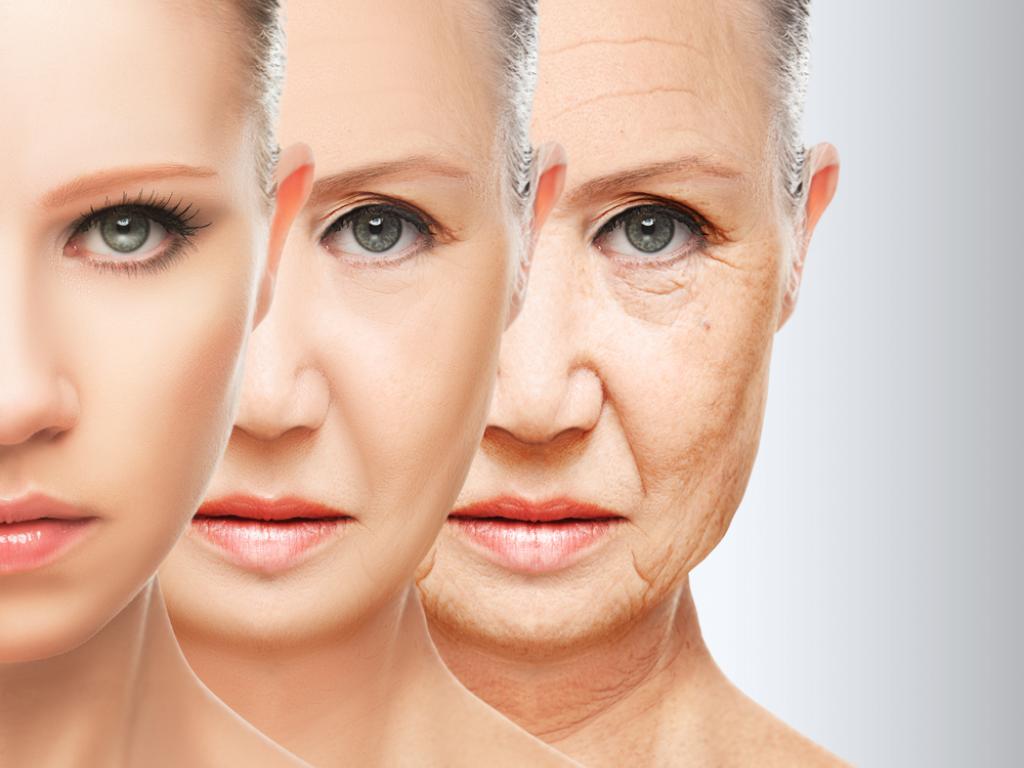After Ozempic And Botox, Hollywood Is Going Gaga Over This New Anti-Aging Supplement
Author: Benzinga Neuro | August 05, 2024 10:43am
NAD+ boosters are the new anti-aging trend in Hollywood, taking over from Ozempic and Botox in high-end wellness regimens.
What Happened: Notable personalities like Hailey Bieber and the Kardashians, as well as wellness influencers, are adopting these supplements, which claim to replenish the body’s natural supply of a key molecule called nicotinamide adenine dinucleotide (NAD). However, the U.S. Food and Drug Administration (FDA) has prohibited many of these supplements while they are still undergoing clinical trials, as per a report by Business Insider on Monday.
NAD is a vital element of healthy bodies, playing an essential role in converting protein, fat, and carbohydrates into energy. As we grow older, our bodies become less efficient at producing NAD, leading to the belief that NAD boosters can help preserve youth and vitality. However, many NAD-boosting supplements have proven to be ineffective, and experts recommend taking NAD precursors instead.
See Also: Cannabis-Based Product Proven To Be As Effective As Melatonin For Sleep In Large-Scale Study
This trend is gaining momentum despite the controversy, with even the military exploring NAD boosters for the potential rejuvenation of soldiers on the battlefield. The effectiveness of these supplements for health influencers, athletes, and wellness enthusiasts in their 30s, 40s, and 50s is yet to be determined.
Why It Matters: The shift towards NAD+ boosters comes in the wake of a surge in the global market for weight-loss drugs, which is expected to reach a staggering $150 billion by the early 2030s. This increase is attributed to the growing availability of weight-loss medications from Novo Nordisk (NYSE:NVO) and Eli Lilly (NYSE:LLY).
However, the skyrocketing demand for GLP-1 medications for weight loss is causing significant supply issues, often leaving type 2 diabetic patients without access to these critical drugs.
Read Next:
Photo Courtesy: Evgeny Atamanenko On Shutterstock.com
This story was generated using Benzinga Neuro and edited by Pooja Rajkumari
Posted In: LLY NVO





